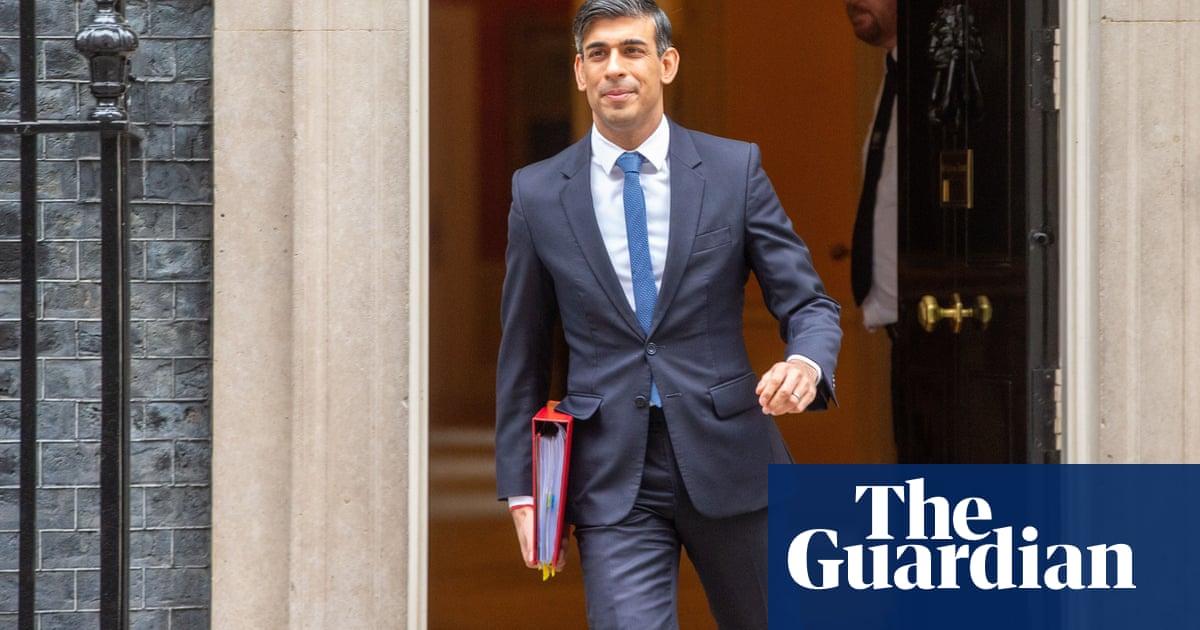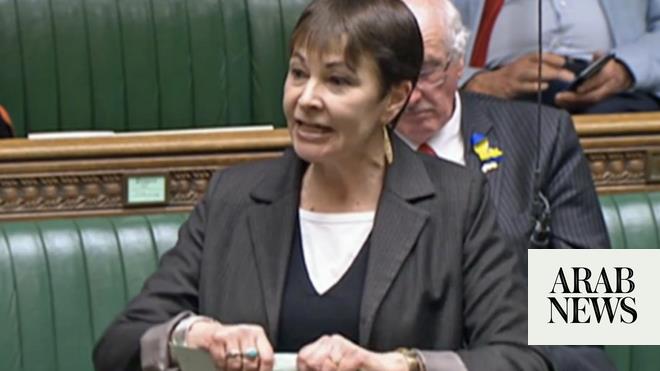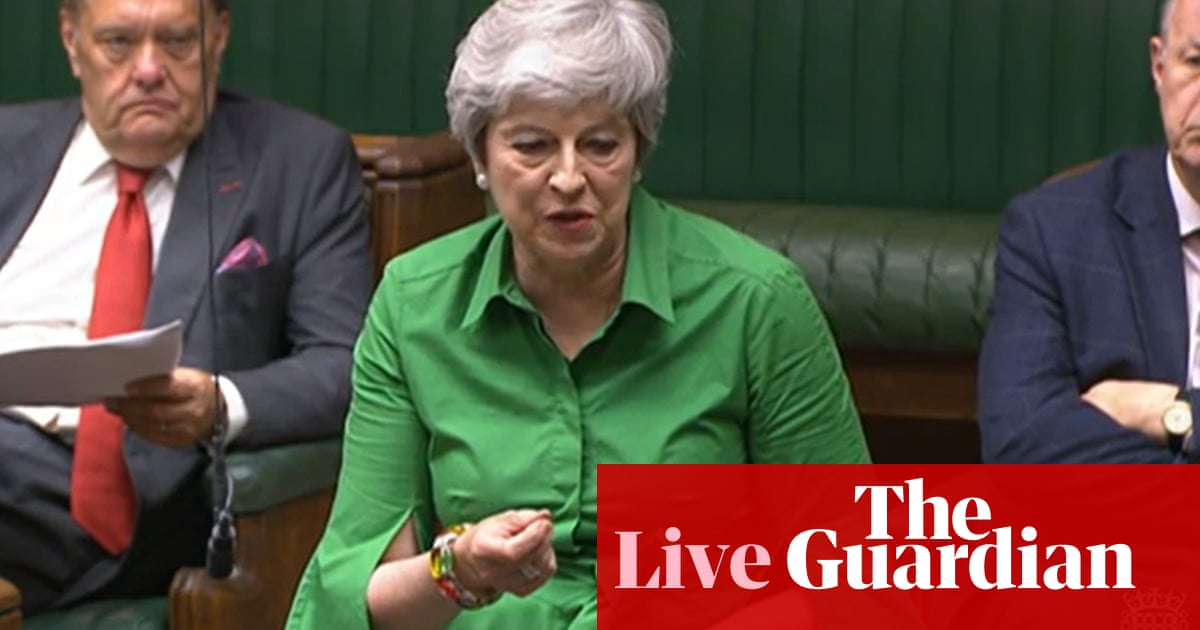
The government’s controversial immigration bill was voted through the House of Commons on Monday night amid Labour claims that it will alienate many key workers who have risked their lives during the coronavirus pandemic.
With a Tory majority of 80, it passed easily by 351 votes to 252, a majority of 99, and will now go on to further parliamentary scrutiny.
If it eventually receives royal assent it will repeal EU freedom of movement in line with promises made by Boris Johnson during the 2016 referendum, and also introduce a new framework, which has yet to be detailed exactly, setting out who can come to Britain in the future.
Some senior Tories have expressed concern that rushing through changes before 31 December could cause chaos, amid claims that Covid-19 has changed public attitudes towards those considered “unskilled”.
Labour’s shadow home secretary Nick Thomas-Symonds said the government’s salary threshold of £25,600 sends a signal and tells people that anyone earning less is unskilled and unwelcome in our country.
“Those who clapped (for carers) on Thursday are only too happy to vote through a bill today that will send a powerful message to those same people – that they are not considered by this government to be skilled workers.
“Are shop workers unskilled? Are refuse collectors? Are local government workers? Are NHS staff? Are care workers? Of course they are not,” he said.
The Tory former immigration minister Caroline Nokes told MPs she supported free movement but called for an extension of visas for care workers and warned that the bill should be phased in or risk staff shortages across crucial sectors.
“I commend the home secretary for her commitment to extend visas for doctors and nurses, but what of care workers? Are they to be the Cinderella service, forgotten once again? And what of ancillary staff in our hospitals? We cannot open hospitals if we cannot clean the loos.
“This is a crucial bill, but I do need more than two words from the immigration minister about how it can be delivered in a ‘Big Bang’ fashion in just seven months’ time when history tells us this is not the best way,” she said.
The bill follows the promise of an “Australian-style points-based system” first outlined by Johnson and Michael Gove during the 2016 referendum.
Speaking in the Commons during the second reading debate, home secretary Priti Patel said: “The bill before us today will play a vital role in our recovery plans for the future. It will end free movement and pave the way for our new points-based immigration system.
“A firmer, fairer and simpler system that will attract the people we need to drive our country forward through the recovery stage of coronavirus laying the foundation for a high wage, high skill, productive economy.”
She highlighted the promise of a fast-track NHS visa, saying it would make it easier and quicker for medical professionals to work in the health service.
Promoted by Johnson during last December’s general election campaign, the NHS visa promises lower fees and rapid processing for qualified applicants such as overseas doctors who have secured an NHS job offer.
The government has announced some proposals for the new system, suggesting points will be awarded for being able to speak English to a certain standard, having a job offer from an approved employer, and meeting a salary threshold of £25,600. The plan will have to be approved by parliament.
In a separate development, public recognition of the important role in the Covid-19 crisis of low-paid and so-called ‘low-skilled’ workers will change the tone of the immigration debate, a thinktank said on Monday.
Two-thirds of the public (64%) agree that “the coronavirus crisis has made me value the role of ‘low-skilled’ workers, in essential services such as care homes, transport and shops, more than before”. Just 9% disagree, according to new ICM polling for the independent thinktank British Future.











